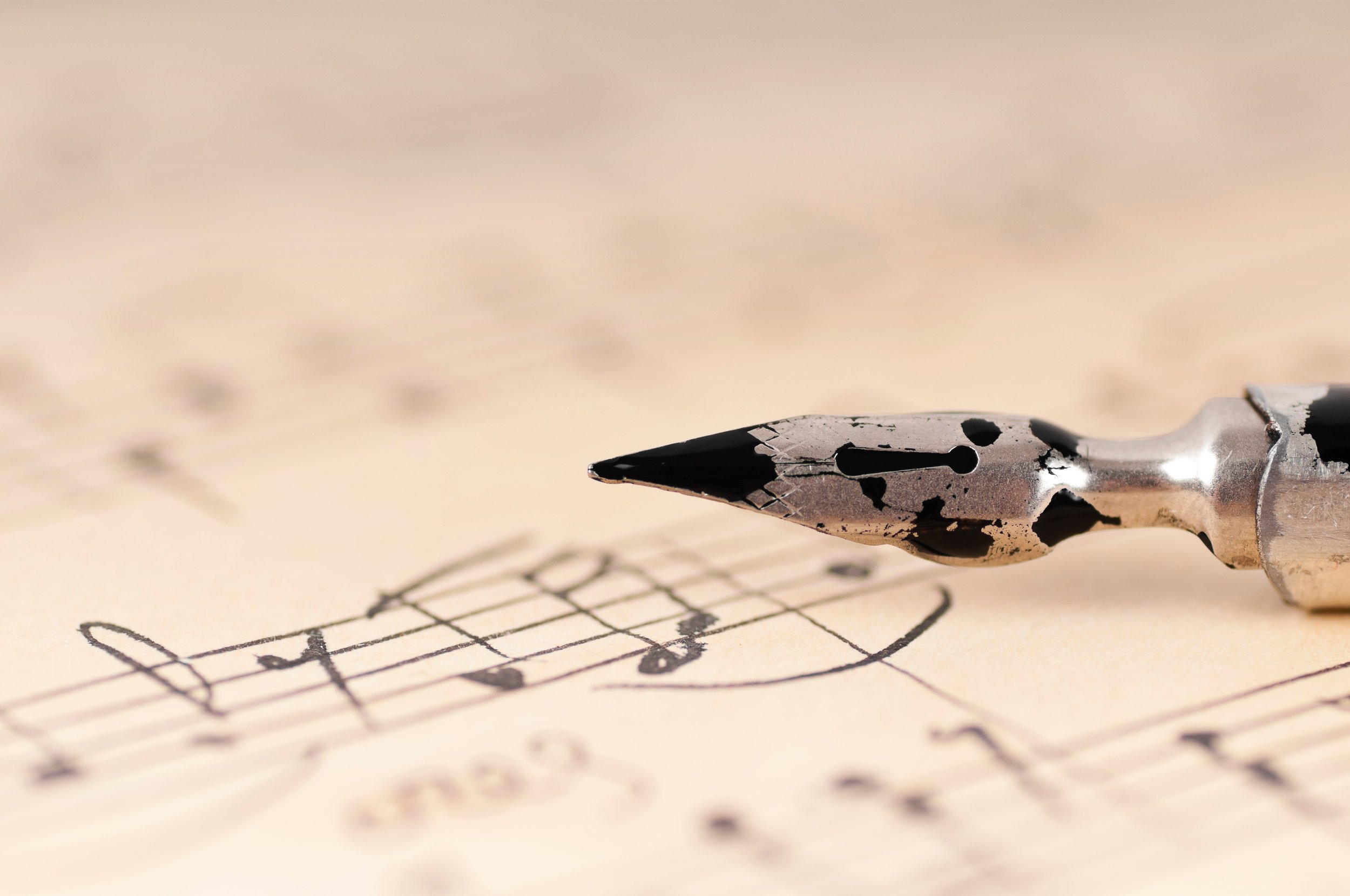
Wizarding Notes
Official Blog of the Wizarding School for Composers

Develop Ideas Like Beethoven
See how Beethoven develops the second theme from Beethoven's Violin Sonata no. 5 ("Spring") — and how YOU can use his techniques in your music.
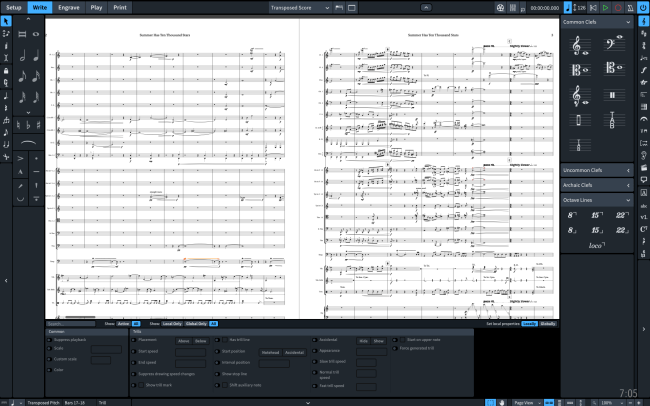
Getting Started with Dorico
So you just got Dorico or you have the trial, and now you want to know how to use it. Here are a collection of resources and ideas I found helpful in my process.
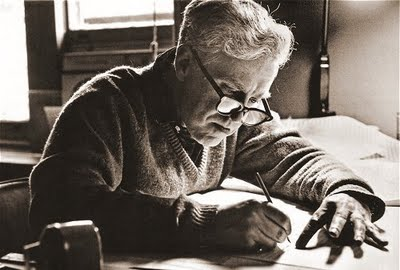
Cantus Firmus Meets Jazz: Craft Your Own Elliott Carter-Inspired Orchestral Passage
Elliott Carter's First Symphony blends neoclassical style with jazz harmonies and intricate counterpoint. Learn to craft your own orchestral passage inspired by Carter's compositional techniques. Complete the 30-minute challenge for a chance to win a free lesson!
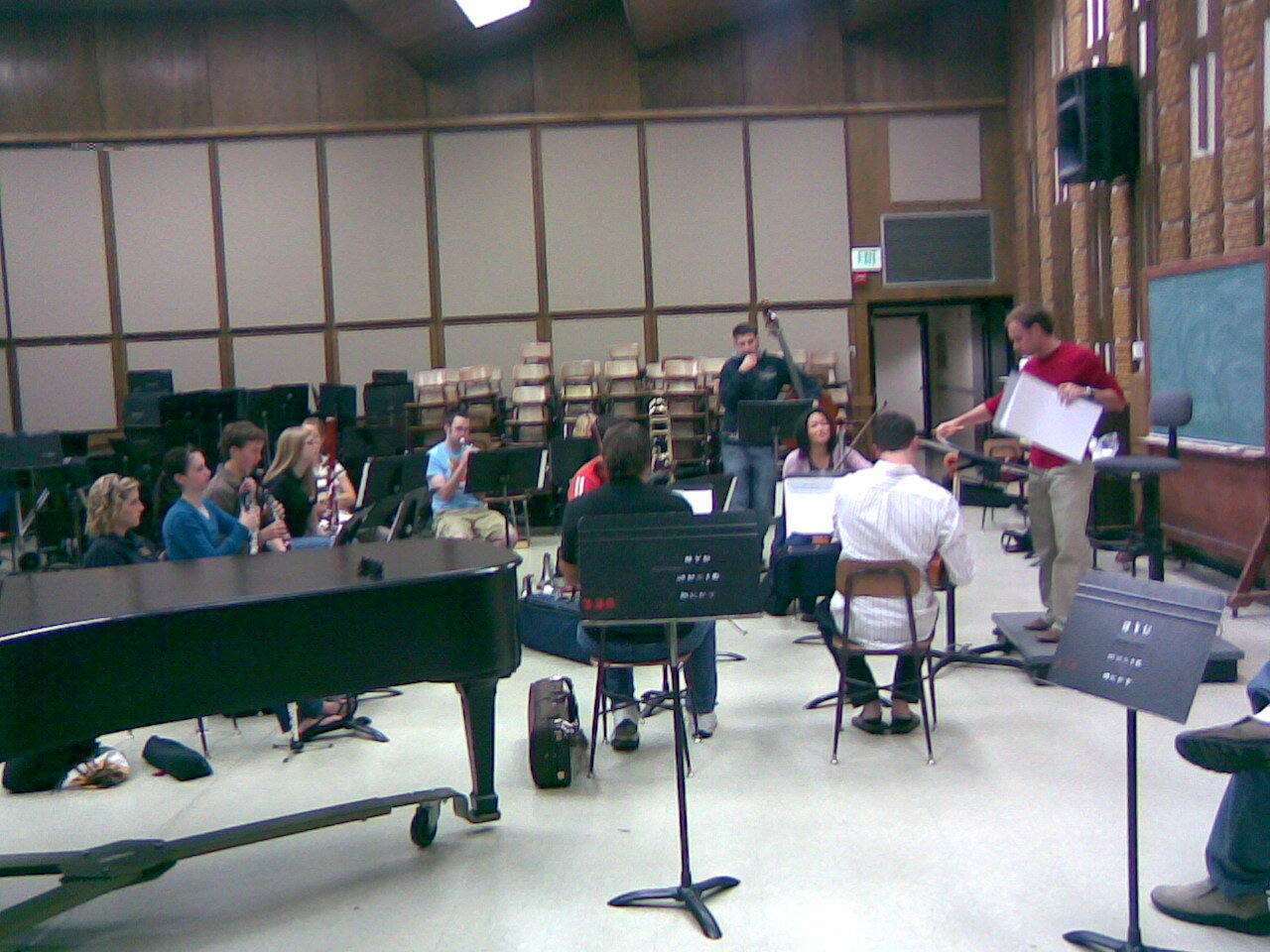
Why Did the Composer Cross the Road?
There's no punchline—but there is a story about a car crash, a major commission, and what it all taught me about composing.

Beethoven Didn’t Compromise—and Neither Should You!
Have you noticed how some pieces of music just seem to grab everyone? Works like Rachmaninoff’s 2nd Piano Concerto or Holst’s The Planets connect with both classically-trained musicians and average music lovers. But why? What makes them so universally appealing?

This Fall, Write for Professional Choir — and More
The Wizarding School for Composers is pleased to announce its partnership with the professional choir Brevitas to record student compositions in its fall 2023 session, sponsored by Dorico. Running August 28-December 13, the course is designed for composers who want to hone their artistic voice, improve their creative process, and grow their careers.

What Makes Effective Orchestration?
We can summarize effective orchestration in one sentence—"Effective orchestration amplifies musical ideas.”
Orchestration amplifies musical ideas in three dimensions:
It makes them easy for the players to understand and execute
It ensures audiences can follow the musical argument and hear each musical layer
It adds richness to musical ideas and heightens the contrast between layers and sections — so that each idea "pops."

What ChatGPT Teaches Us About Pre-Composition
Sure, you could ask ChatGPT, “What do composers do during pre-composition?” It will give you a decent answer.
But today I want to show how ChatGPT is itself like the pre-composition phase of writing music, which I calling “Consulting” and “Connecting” workstations.

25 Ways to Think About Pre-Composition
Most composers have heard of “pre-composition,” and many incorporate it as part of their creative process. How can you make the most of this creative practice? Here are 25 ways to think about it…
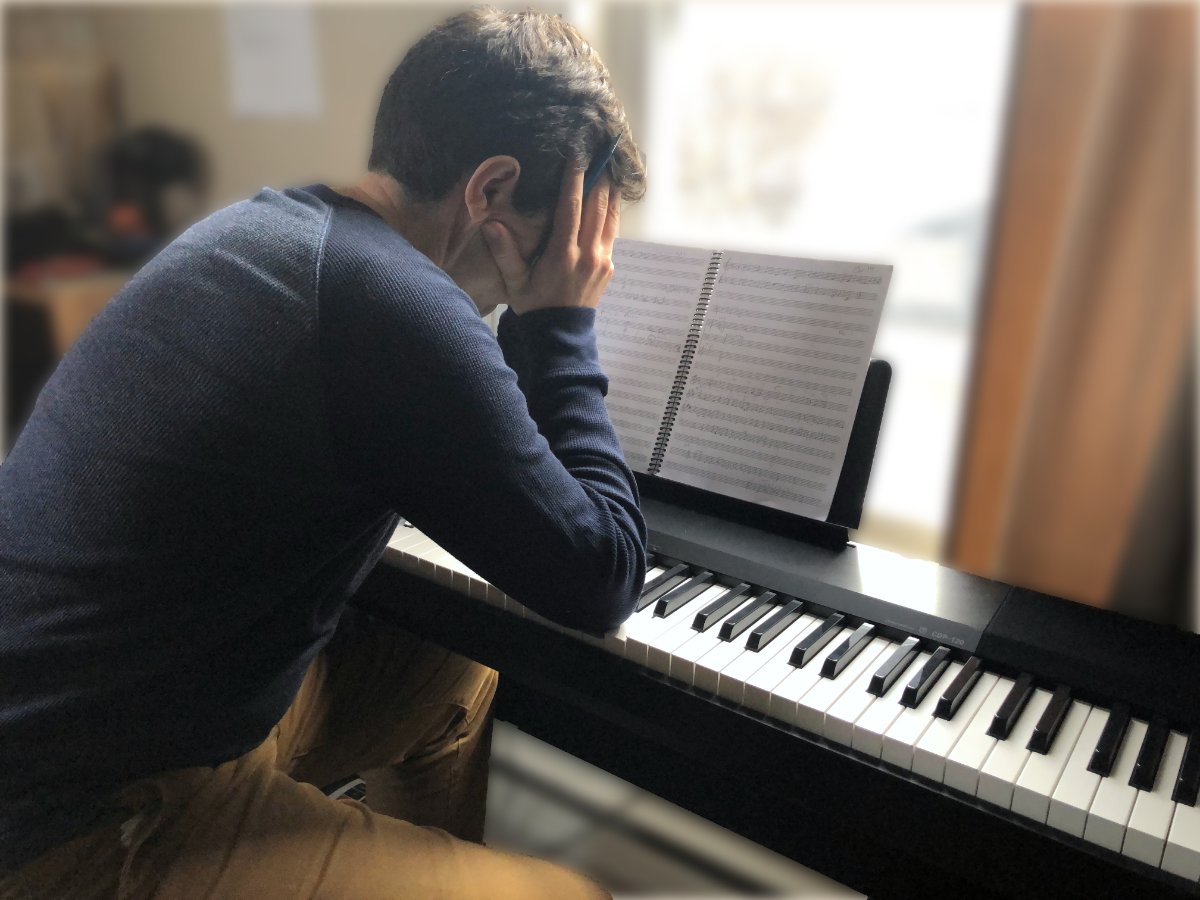
Still Feel Bad at Composing Even After College? Here’s Why
Composers often say, “I always feel like a beginner whenever I start a new piece.” I’ve certainly felt this way before. But I’ve come to see in myself and my students that these insecurities are avoidable and arise from two compounding errors. Two behavioral science models show how to overcome these creative process problems.

Do You Need Inspiration to Write Good Music?
Why I no longer believe that I cannot compose without “inspiration” — and how it can make composing easier for YOU.

Absolute Music is a Sham
Does music “speak nothing but sound” and “express (only) itself”? Such statements don’t hold up to scrutiny for a very simple reason: No music exists without a cultural context.
Here are two reasons why Hanslick and Stravinsky are wrong — and what it means for you as a composer.


Why Your Music Sounds Bland — and What To Do About It
Composers often worry about the wrong choices when they start composing. But there is ONE choice that not only ensures their music will be more vivid and unique but also makes composing faster and easier.

Winners of the 1st Annual Wizarding School Composers Competition
BOSTON, August 26, 2022 — Composer and Wizarding School founder Dr. Joseph Sowa today announced the winners of the The Wizarding School for Composers’s 1st Annual Composers Competition, which awards promising composers scholarships and lessons to further their artistic and career growth.
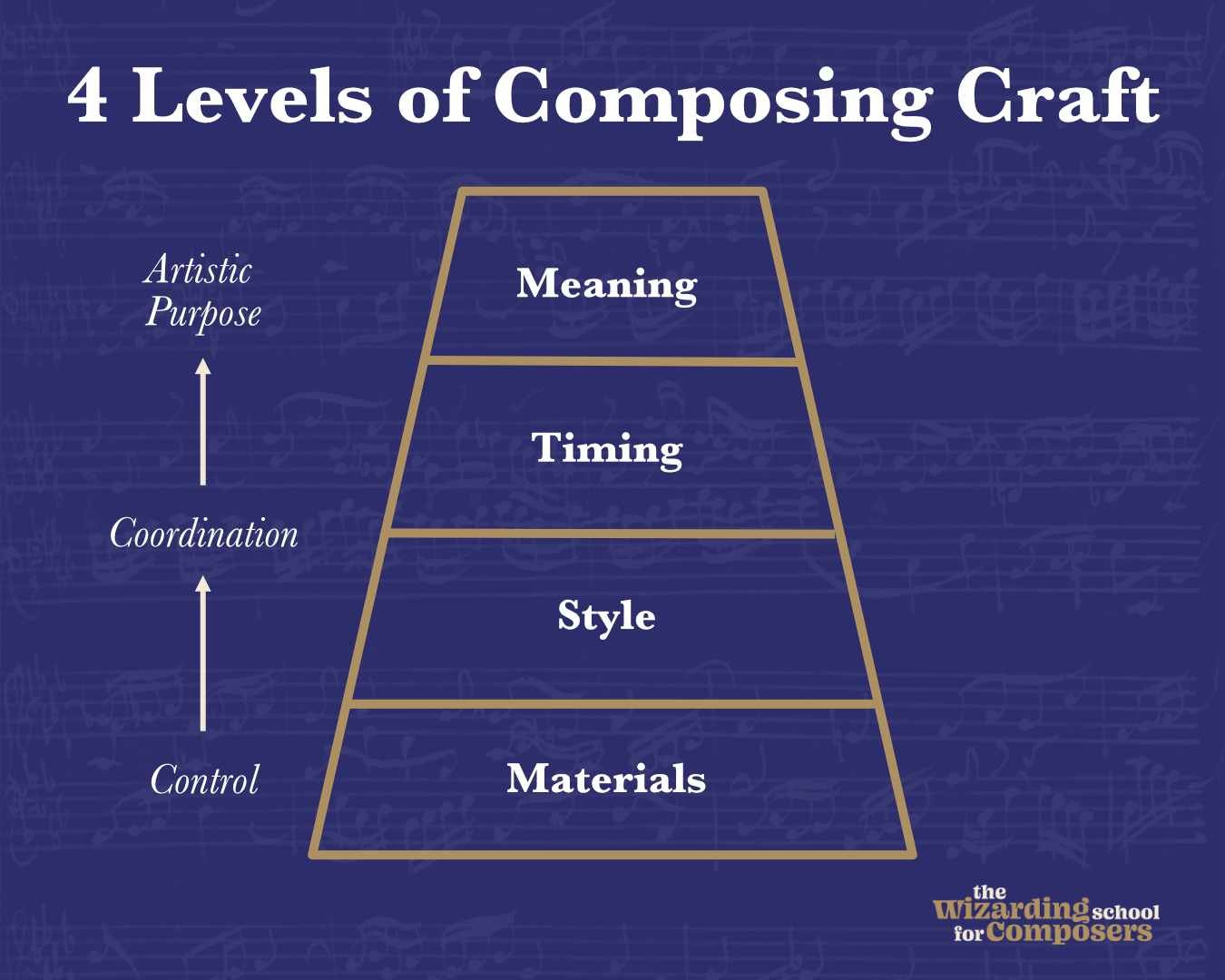
The 4 Levels of Composing Craft
The first rule of composing is “learn the craft.” But craft includes more than just materials like melody, harmony, and orchestration. Rather, it encompasses four different levels that work together to create the magic of your music.


Top 5 Tips for Becoming a Better Composer
Whether you’re just starting out at composing or have been writing music for decades, improving your composing skills can help you find greater technical mastery, artistic fulfillment, and career success.
The “best” way to get better at composing depends on what you're trying to improve. Here are five suggestions.

Why Kindergarten Ruined Your Career
For almost the first three decades of our lives, we are trained that our success depends on others choosing our résumé…

Top 3 Reasons Composers Should Focus on Commissions
I know you WANT to get your music commissioned and performed. But it’s crucial to understand WHY if you’re going to make your maximal impact.

